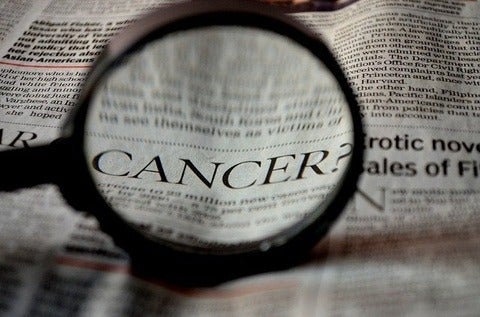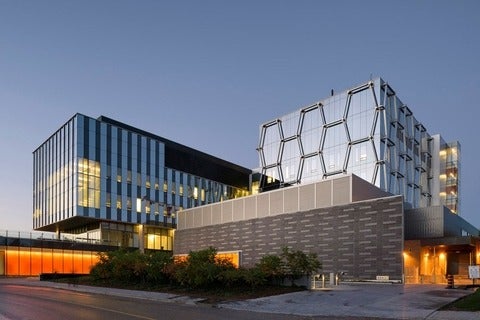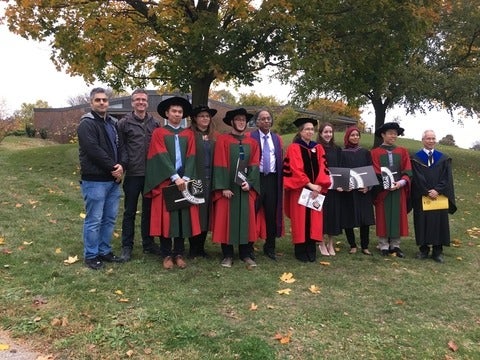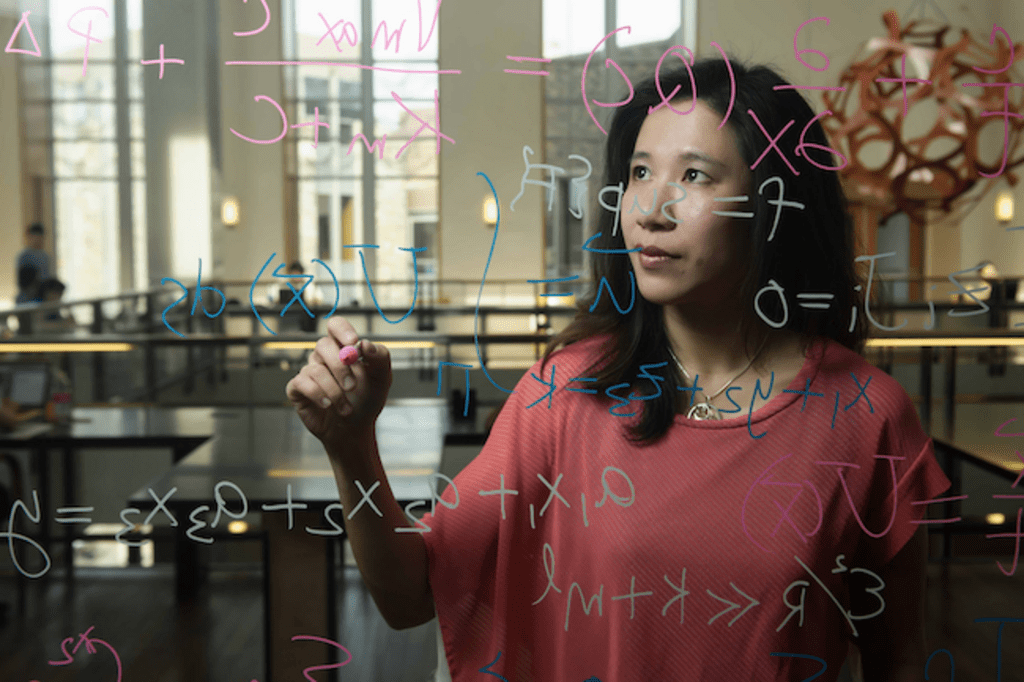Waterloo's Faculty Mathematics student helps create an app that notifies users of potential exposure to COVID
 Waterloo’s Department of Applied Mathematics PhD candidate James Petrie is among a group of volunteers who have combined their knowledge to develop Covid Watch, an app that uses Bluetooth to detect when users are in proximity to each other and alerts them anonymously if they were in contact with someone later confirmed to have COVID-19.
Waterloo’s Department of Applied Mathematics PhD candidate James Petrie is among a group of volunteers who have combined their knowledge to develop Covid Watch, an app that uses Bluetooth to detect when users are in proximity to each other and alerts them anonymously if they were in contact with someone later confirmed to have COVID-19.







